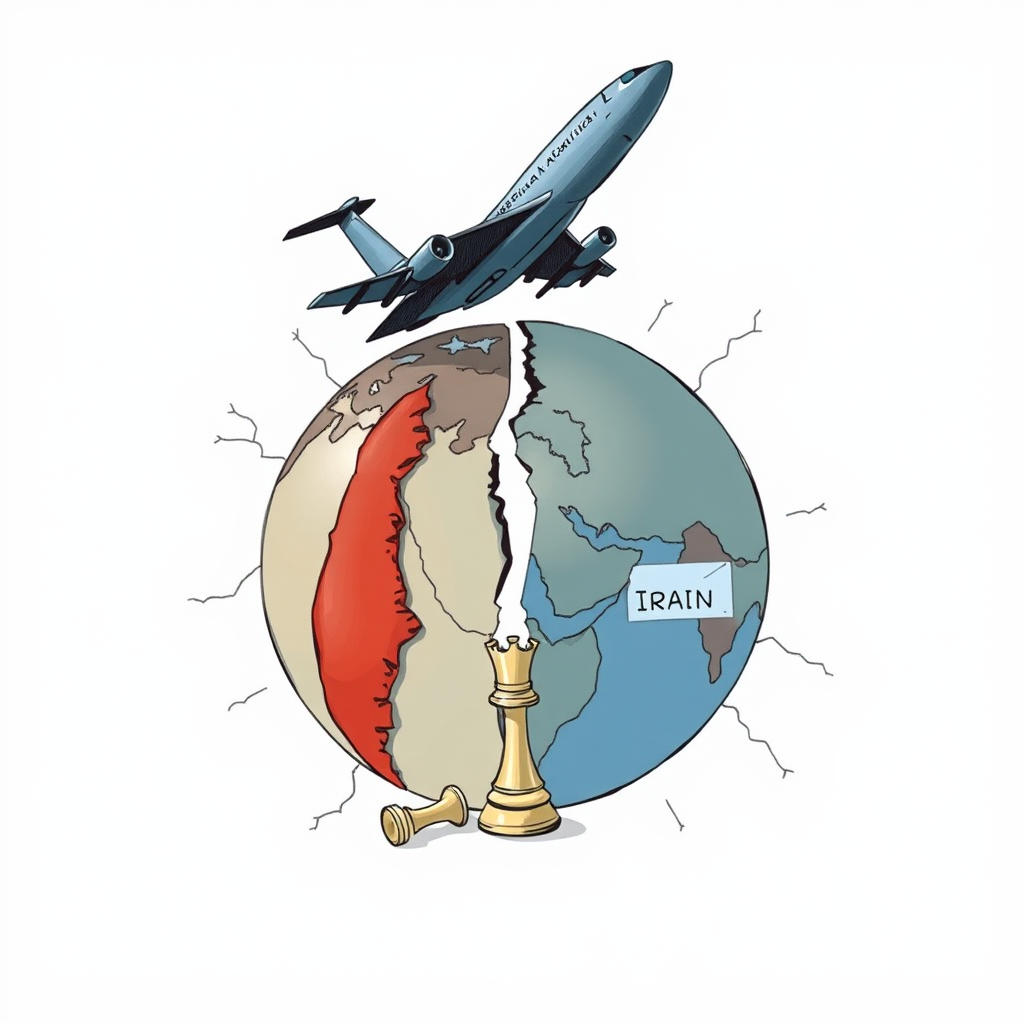Iran Warns US Involvement Would Be Dangerous

Tensions continue to escalate in the Middle East as Iran warns the United States that involvement in the ongoing conflict with Israel would be “very dangerous for everybody.” Iranian Foreign Minister Abbas Araghchi issued the stark warning Saturday, expressing concern over statements and potential actions by the U.S. President. Araghchi alleges Iran has “many indications” of U.S. involvement in Israeli strikes from the outset, claims the U.S. has denied.
The warnings come as the conflict enters its ninth day, with both Israel and Iran exchanging missile strikes and threats. Israel initiated the conflict with strikes targeting Iranian nuclear and military sites, citing concerns over Iran’s nuclear capabilities.
Complicating matters is the shifting stance on negotiations. While both countries engaged in talks aimed at a nuclear deal, those discussions have stalled. Oman, previously slated to host a new round of talks, cancelled the meeting due to the escalating conflict. Iranian officials now state that negotiations are “meaningless” while under attack, demanding a cessation of hostilities before returning to the table.
The U.S. President, however, appears to be taking a hard line. He has indicated a willingness to consider military action against Iran within the next two weeks, while simultaneously suggesting a desire for a diplomatic solution. He has repeatedly stated a demand for more than just a cease-fire, calling for Iran to entirely abandon its nuclear program – a position that seems unlikely to be accepted by Iranian leadership. He has also left the door open to military intervention, offering cryptic responses when pressed for specifics.
Adding to the volatility, Iran’s Supreme Leader Ali Khamenei has threatened “irreparable damage” to the U.S. should it join the conflict, asserting that any U.S. intervention would be detrimental to American interests.
This situation is deeply concerning. The rhetoric from both sides is escalating, and the potential for miscalculation is high. While a diplomatic solution remains the preferred outcome, the current trajectory suggests a dangerous path forward. The U.S. President’s insistence on unconditional surrender from Iran appears unrealistic and counterproductive, potentially pushing the region closer to a wider conflict. A more nuanced approach, prioritizing de-escalation and a return to meaningful negotiations, is urgently needed to prevent further loss of life and regional instability. The insistence on extreme demands, coupled with the threat of military force, risks exacerbating the situation and undermining any chance of a peaceful resolution.